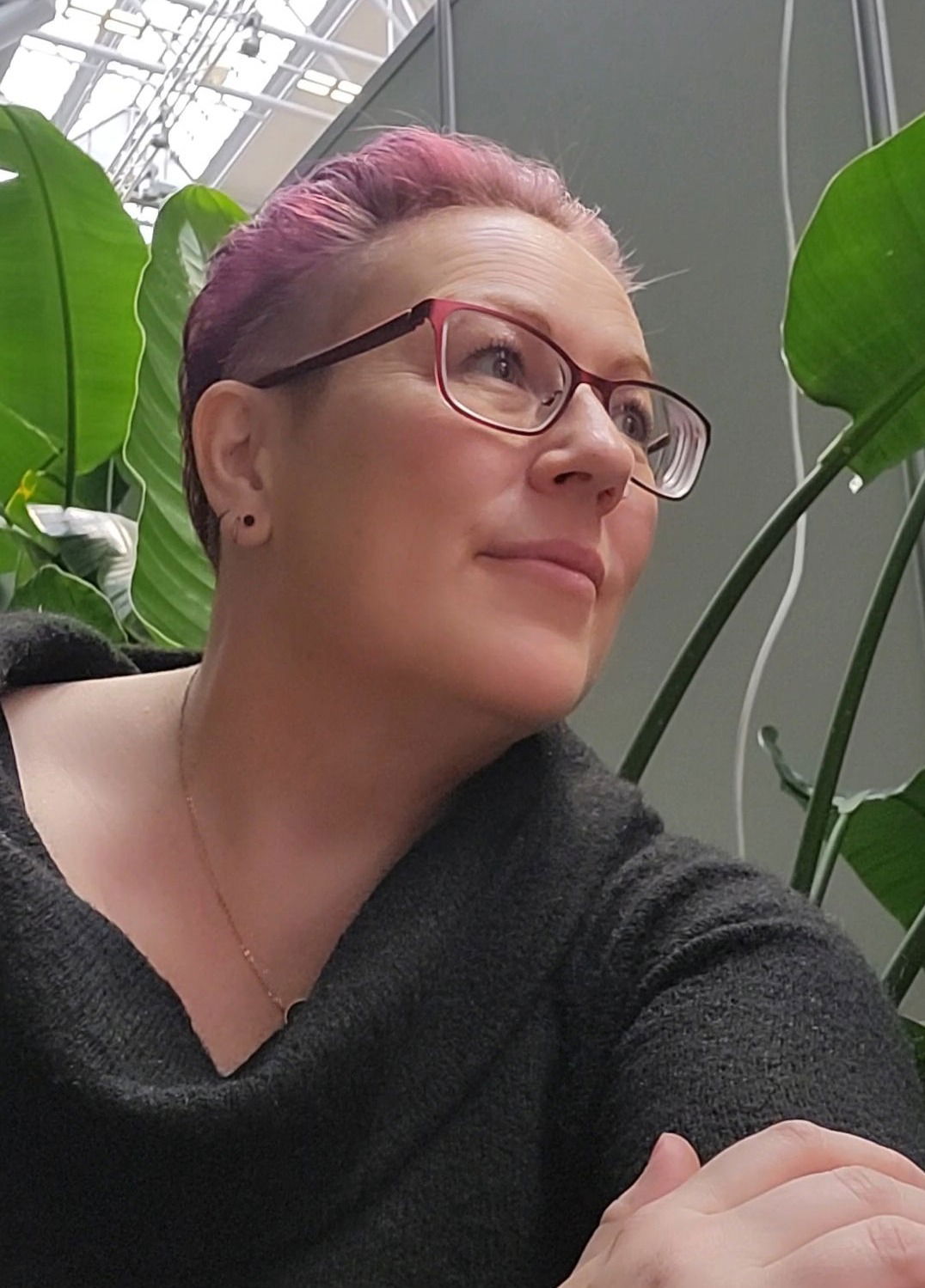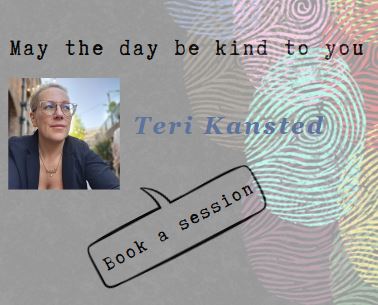My Neuro Story
Below file is a recording of this blog post
Like the story 'the ugly duckling' I grew up feeling ugly, misunderstood and an outsider but most of all, confused.
Confused about other people and their behaviours, confused why I could never keep friends or figure out the social codes of conduct, confused why people would actively choose to be unkind to each other (and me) and confused why I apparently was so unlovable.
I was confused about myself too. How I could go from smiling and happy to full of rage after a short walk? Why would I - a pacifist - feel like punching someone when they chewed loudly or whistled? Why did life seem so easy for others to navigate when I found it near impossible sometimes? Why did I always become depressed after three months in a fulltime job? Why, every time I made a new friend, did I lose them again almost as quickly? Why did everyone call me 'weird' or 'different', think I had a strange sense of humour and laughed too loud and at inappropriate things? Why did others not stop to look at buildings and give them personalities? Or stop to remove snails and bugs from the pavement so they wouldn't get stepped on? Or spend majority of their days wondering how they could make other people's lives better, remembering every detail someone had said so they could, like me, figure out the perfect birthday present?
It was January 2018 and I'd recently turned 35 when I got a referral for a client - my first in my newly established private practice. This young person was autistic and I knew nothing about autism at the time, other than autistic people were apparently very difficult to work with.
I held a bachelors in psychology and a three-year postgraduate diploma in counselling and I'd only had one lecture on autism and it was incredibly ableist.
My first port of call was FutureLearn who had a free course on autism, which at the time had Dr Damian Milton as a guest speaker. Dr Milton is a sociologist, social psychologist, autistic advocate and is autistic himself and the man behind the amazing research 'the double empathy problem'.
Considering what I now know about autism, especially all the harmful research and resources out there, I feel so lucky that my very first access point was this course.
And so, January 2018 was also when the penny dropped and suddenly my confusion, my struggles with my own brain and this lifelong feeling of being a failed human started to make sense. I was not a failing neurotypical. I was a brilliant autistic person who'd never known how to take care of my specific neurotype.
(I've known since childhood that I'm dyslexic but in 2018 I understood very little about my dyslexia and was still too ashamed of it to tell people unless strictly necessary. I was formally assessed and confirmed in my dyslexia when I was doing my bachelors in my late 20s and dyscalculia was added then too. And it was only in 2017 I'd started to realise that I was also dyspraxic (self-identified). So despite being a multi-neurodivergent person, my knowledge of any of it was incredibly limited at the time and were all based on the deficit model and it all felt quite shameful).

A few months after realising I'm autistic I enrolled onto a masters in psychology, focussing on autism. Before even starting I knew my dissertation would be to explore the consequences of figuring out later in life that you're autistic. In 2018 there was a growing, but still limited, awareness of overlooked women - 'the lost generation' of autistics and the term 'female autism' and 'female autistic genotype' were doing their rounds (these latter two terms have since been debunked).
So, when in September 2018, I told the course director, a Stanford graduate and university professor that I wanted to focus my research on autistic women, she told me that women can't be autistic, they're just anxious.
Yep, that's how far we were in 2018. And in some circles they're still stuck in the dark ages.
As part of my masters I did my work placement with a organisation called SWAN (Scottish Women's Autism Network) which was absolutely life changing and one of the most validating life experiences to date. In 2020, during our first year of lockdown, I became the in-house counsellor for SWAN and in 2021 I joined an Irish organisation Thriving Autistic as a freelancer. I also started offering post-identification support sessions for The Adult Autism Practice (they're a neuro-affirmative and strength-based autism identification practice. You're able to get an official diagnosis from them but they use a different vocabulary than the medical profession - you can see my blog posts "What Does Neuro-Affirmative Mean" or "What Does a Post-Identification Support Session Entail" for more information).
Other interesting facts about me is that I'm Danish. I left Denmark when I was 21 and moved to London. I then spend a year in Australia and New Zealand before returning to London. In 2009 I moved to Scotland to study psychology (and rode out the financial crisis) and ended up staying for 12 years. After 18 years abroad and some Covid-19 realisations, I returned back to Denmark in late 2021 to be close to my family, though I still feel more at home in the UK and miss it.
I'm a massive book lover - now collecting far more than I'll ever get around to reading and my workout consists of going to the library to pick up massive piles of book I'll, also, never read, only to carry them back again. I adore animals (they're much better than humans, right?), I'm a chocolate fiend, a thalassophile, am largely solar powered (though don't like too hot weather) and I'm an avid writer.
There's a Danish children's story called 'Prop and Berta'. One day the man Prop saves a cow called Berta and on the same day, they save some magical creatures in the woods who grants Berta the gift of speech, as a thanks. Berta starts talking non-stop about herself and goes on and on and on. Finally, she says "enough about me. What about you? What do you think about me?" - and with that I'll sign off this blog post.
Hopefully, we'll meet again.
P.s. As a dyslexic person I won't catch all my mistakes. Please read generously and if you spot any mistakes, I hope you'll smile with kindness because I'm allowing myself to unmask my dyslexia in your company.
